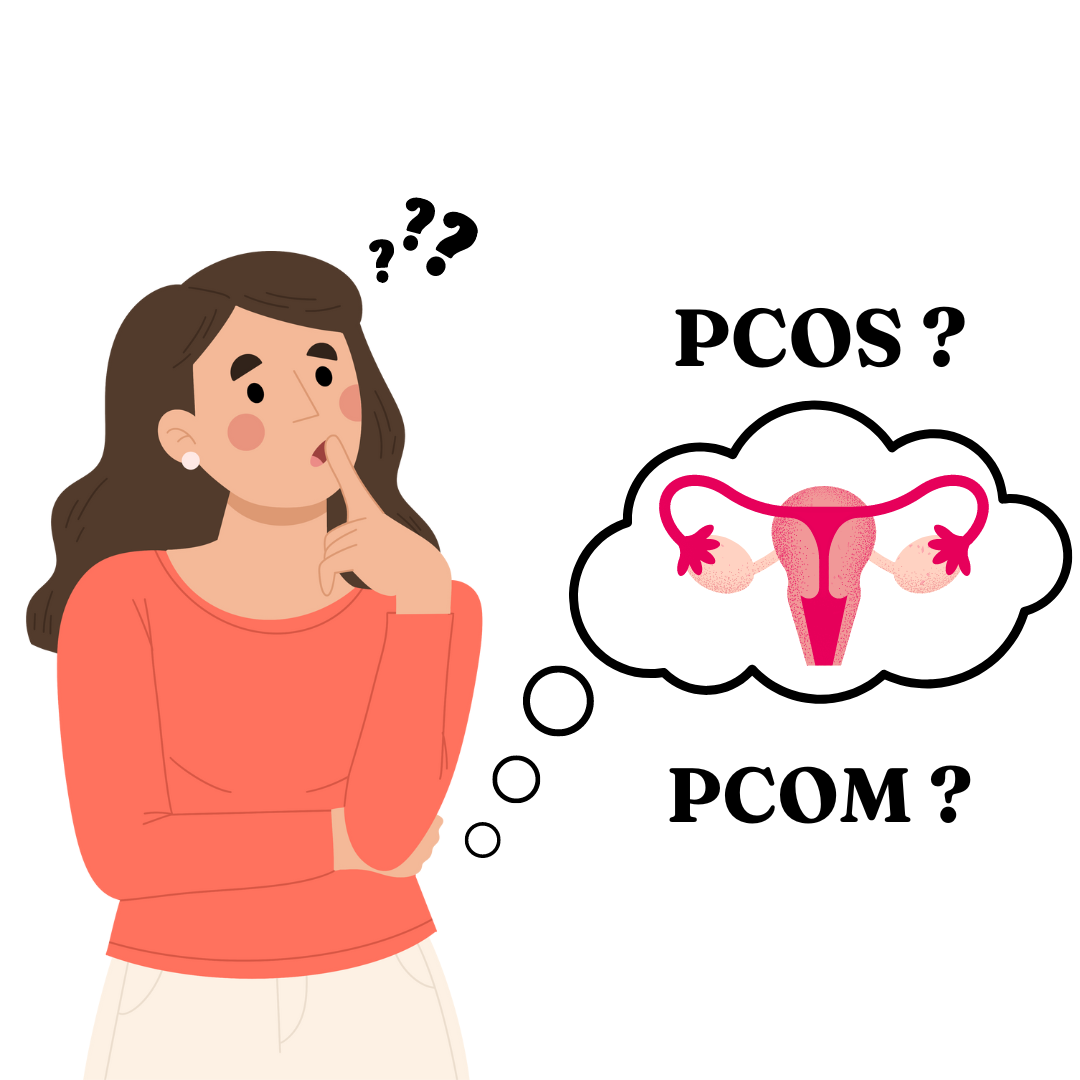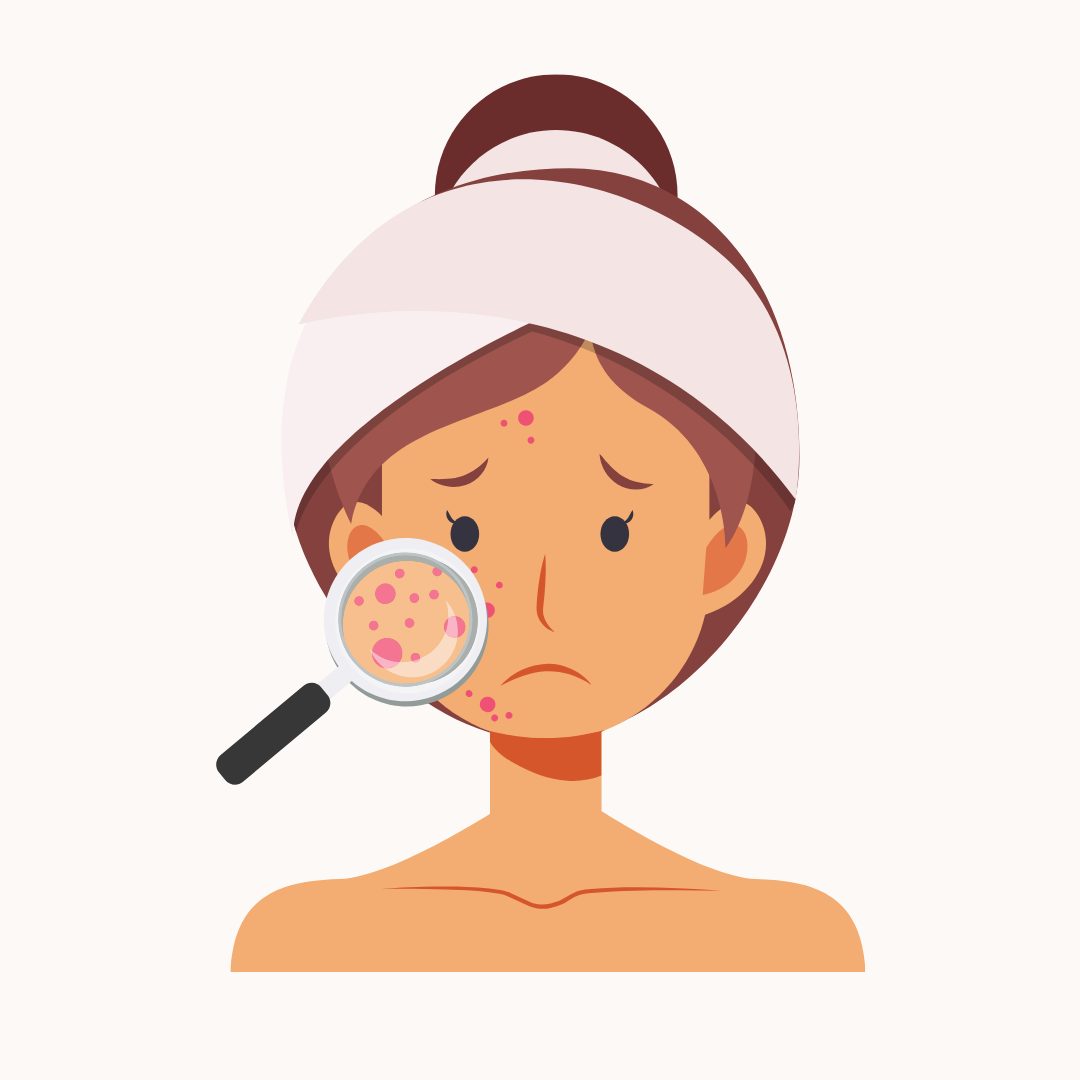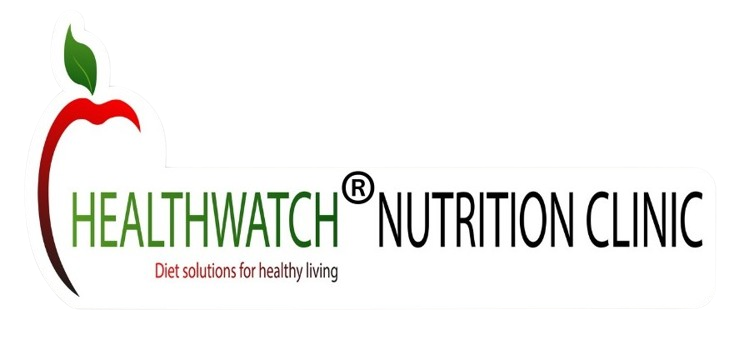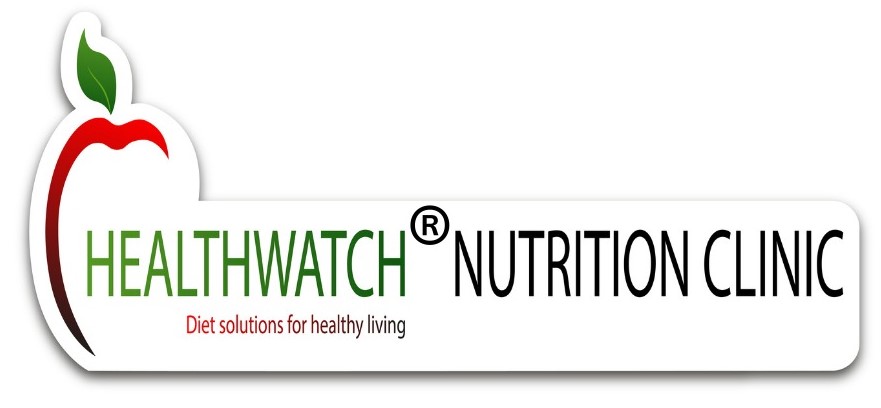PCOS Nutrition Solutions
Instead of focusing on food you shouldn ‘t eat
Focus on foods you should eat !!!
Learn the art of clean eating with PCOS friendly diet

Polycystic Ovary Syndrome (PCOS) is a hormonal endocrine disorder common among women of reproductive age and its impact extends beyond reproductive health to include metabolic and psychological implications.It’s characterized by irregular periods, excess androgen levels (male hormones), and polycystic ovaries (ovaries with multiple small cysts).
At Health Watch Nutrition Clinic, we recognize the complex interplay of factors in PCOS management and address PCOS from a holistic perspective with clinical nutrition and balanced diets forming the basis for effective hormone management.
What causes PCOS:
- Polycystic Ovary Syndrome is linked to genetic, hormonal, and lifestyle factors with Insulin Resistance being a dominant feature.
- Hormonal Imbalance: Elevated levels of androgens, including testosterone, which can disrupt the menstrual cycle and lead to acne and hirsutism (excess hair growth).
- Genetics: Women with one or both parents having obesity and diabetes are more at risk of developing PCOS.
- Lifestyle Factors: Obesity, a sedentary lifestyle, and poor dietary habits can exacerbate insulin resistance and hormonal imbalances in women with PCOS.
Genetic Predisposition: Having a family history of diabetes increases the likelihood of developing the disease and poor lifestyle certainly worsens the prognosis.
Obesity and Sedentary Lifestyle: Excess body weight, particularly fat on the abdomen and physical inactivity are major contributors to type 2 diabetes. Adipose tissue ie visceral fat increases inflammation impairing insulin sensitivity and glucose metabolism.
Insulin Resistance: Insulin resistance occurs when the body’s cells become less responsive to the effects of insulin, a hormone responsible for regulating blood sugar levels. This resistance forces the pancreas to produce more insulin to compensate, leading to elevated blood sugar levels over time. This reaction often leads to dark skin pigmentation seen on neck-underarms -acanthosis nigricans.
Poor Diet: A diet high in refined carbohydrates, sugars, unhealthy fats, and processed foods can contribute to insulin resistance and weight gain, increasing the risk of type 2 diabetes.
Gestational Factors: Gestational diabetes can develop during pregnancy due to hormonal changes that affect insulin sensitivity. Women who develop gestational diabetes have an increased risk of developing type 2 diabetes later in life, as do their children.
Physical Inactivity: Lack of regular physical activity can contribute to obesity, insulin resistance, and poor blood sugar control. Regular exercise helps improve insulin sensitivity, promotes weight loss or maintenance, and reduces the risk of developing type 2 diabetes.
Stress: Chronic stress can elevate cortisol levels, leading to increased blood sugar levels and insulin resistance. Stress management techniques such as mindfulness, meditation, and relaxation exercises can help mitigate the impact of stress on diabetes risk.
Sleep Disorders: Poor sleep quality, sleep deprivation, and untreated sleep disorders such as obstructive sleep apnea can disrupt hormonal balance, increase insulin resistance, and raise the risk of developing type 2 diabetes.
Symptoms of PCOS:

Irregular periods

Hirsutism & Skin pigmentation

Acne

Hair thinning

Weight Gain

Infertility
Our Program Features:
- PCOS Management + Correction of nutrition status
- Video / In-Clinic consultation with Dr. Zubeda Tumbi.
- Follow-up Consultation with Dr. Tumbi Every 10th – 12th day.
- We have personalized, customized diet & lifestyle plans.
- Team Support: Monday to Saturday; 9:00 AM to 6:00 PM on WhatsApp, Phone & Email.
- Our supportive community outreach programs: a unique feature begun by Dr. Tumbi will help you to connect, share experiences with likeminded people in a group therapy.
- Tips on stress management techniques, reducing screen time and improving sleep hygiene are important tools in this health journey.
At Health Watch Nutrition Clinic: Our PCOS Care Program is meticulously designed to cater to the unique needs of women with PCOS; empowering women to take control of their health and well-being with personalized nutrition guidance for effective hormone management. Evidence based diets are planned to help control the causative factors and improve healing to better health status. The personalized approach by Dr. Zubeda Tumbi and her team helps you reach your health goals that impacts your health holistically.

